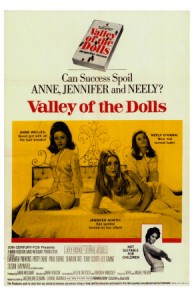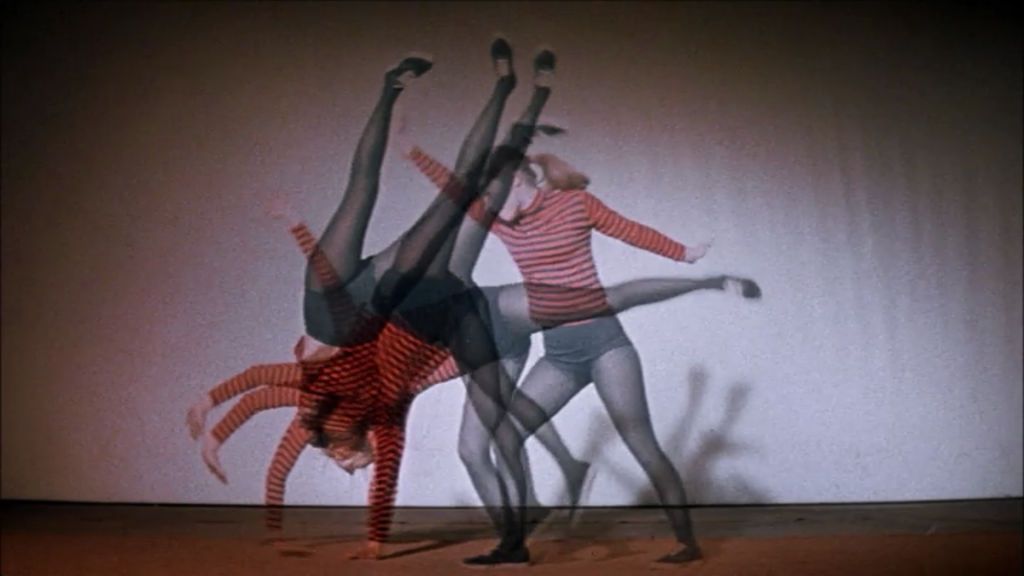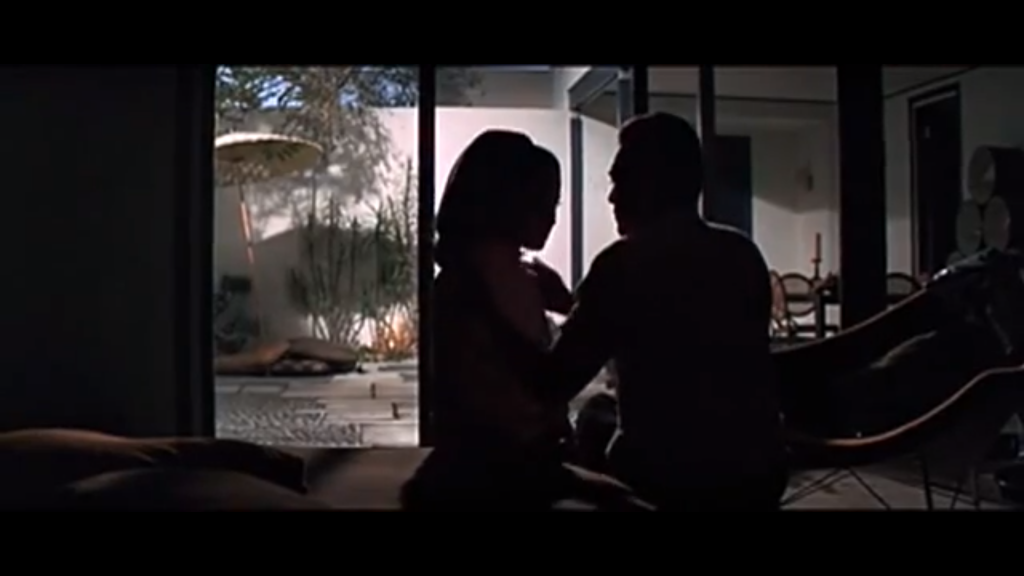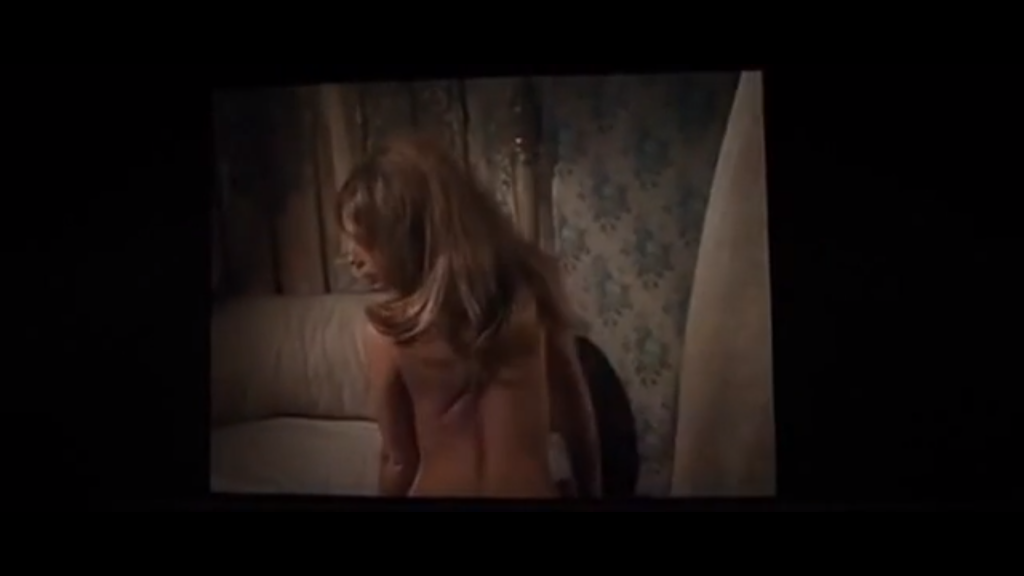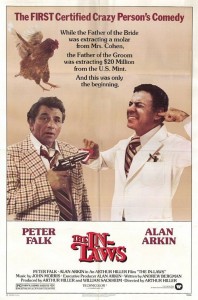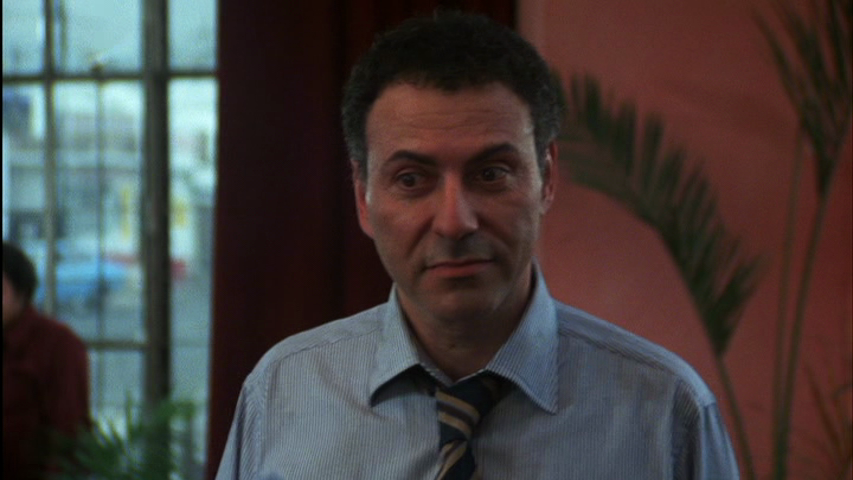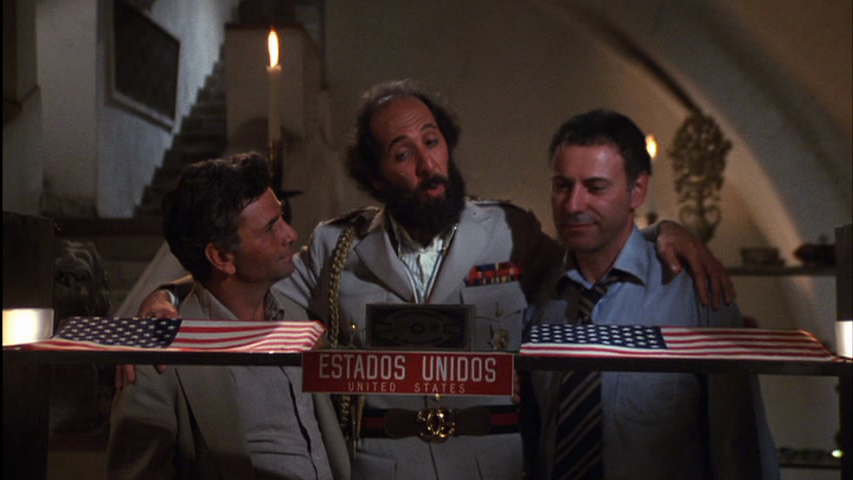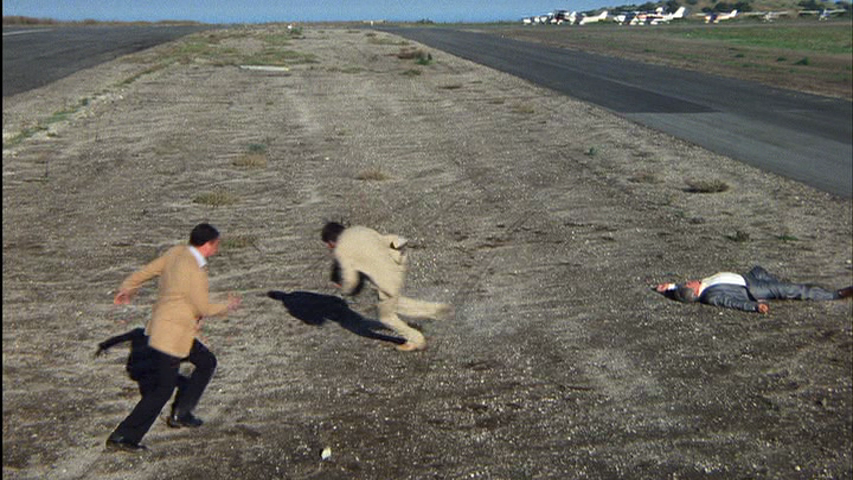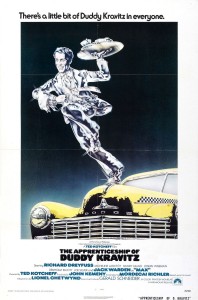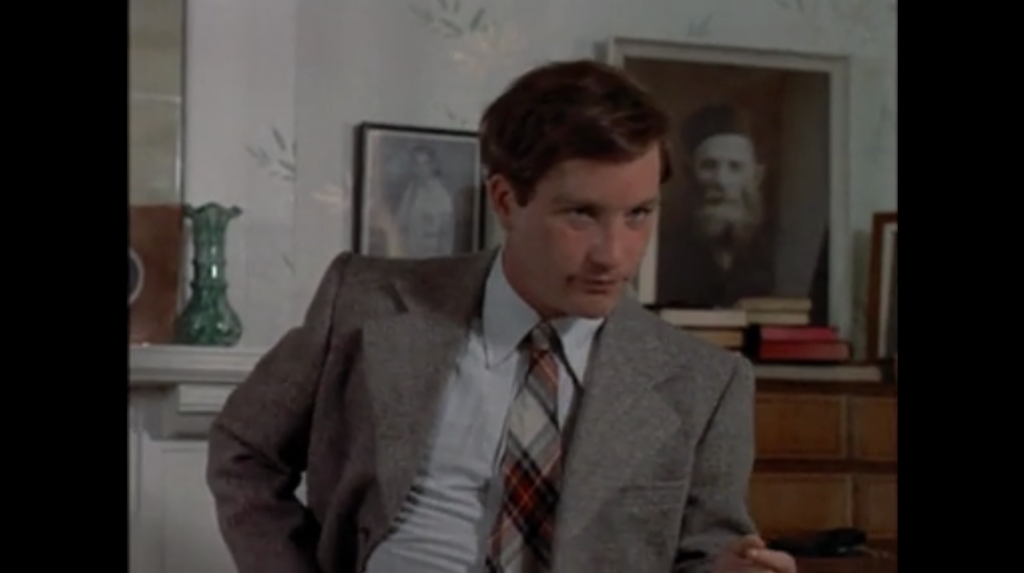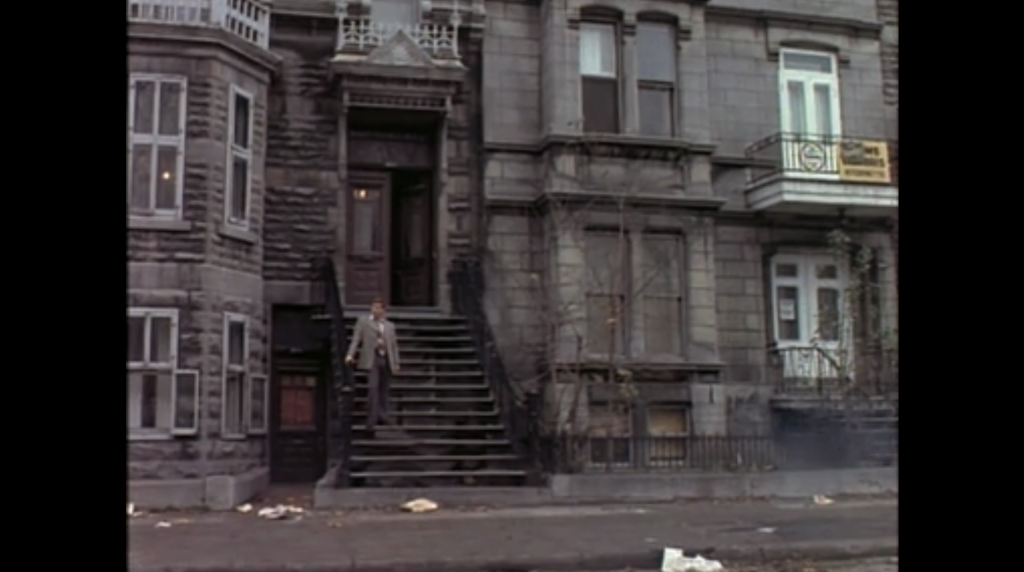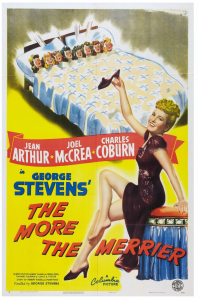|
Genres, Themes, Actors, and Directors:
- Charles Coburn Films
- George Stevens Films
- Jean Arthur Films
- Joel McCrea Films
- Love Triangle
- Romantic Comedy
Response to Peary’s Review:
Peary notes that this “sparkling George Stevens comedy” possesses “deft performances by the leads and brilliant dialogue by Robert Russell, Frank Ross, Richard Flourney, and [uncredited] Garson Kanin”. He points out that while “the ending fizzles a bit”, “along the way there are many great scenes” — including the classic sketch in which “Coburn and Arthur try to adhere to her impossibly rigid morning schedule”, but find that they “constantly bump into each other as their schedule goes awry”. Coburn won a Best Supporting Actor Oscar for his fun performance — though equally deserving is McCrea, “a truly underrated comic actor”, as evidenced specifically in “the scene in which [he and Coburn] lie on the roof reading the Sunday comics out loud”. Meanwhile, Arthur and McCrea do indeed “make an appealing romantic team”: the “scene in which they lie on single beds that are separated only by a thin wall” is particularly sensual and provocative, evoking “the classic ‘Walls of Jericho’ bit in It Happened One Night.”
In his Alternate Oscars book, where he names Arthur Best Actress of the Year for her role as Constance Milligan, Peary elaborates on her impressive acting chops and delightful screen presence. He writes that she’s “thoroughly charming as a kind, unaggressive — she fights for herself, but doesn’t have the heart for it — underdog who is trapped in a dull life until two men magically appear”. He writes that “funny as she is” — she shows her skills as an exceptionally adroit slapstick comedienne — “what is most memorable about [her] characterization is how sexual it is.” Indeed, she shifts from a classically repressed “spinster” (engaged in name only) to a remarkably sensual creature, “quite physical [with McCrea] as they stroll and spin down the street” after a night out. She’s really a pleasure to behold, and we take delight in her complete transformation.
Finally, it’s impossible to discuss The More the Merrier without referencing its very specific historical context: during World War II, the housing shortage was so severe that many people felt it was their patriotic duty to take in boarders (an issue only very briefly mentioned here in Wikipedia’s article about life on the American homefront during WWII). Meanwhile, there were apparently eight women for every available man (!), and fuel shortages necessitated waiting for a “full load” before taxis could take off. Despite the obvious challenges of the situation, there’s nonetheless vicarious enjoyment to be had in glimpsing this unique era in American history, one most film fanatics have likely never experienced. To that end, while clearly presenting circumstances from a satirically over-the-top and humorously sanitized perspective, the film remains an interesting sociological time-capsule as well as a fun comedy.
Redeeming Qualities and Moments:
- Jean Arthur as Constance Milligan
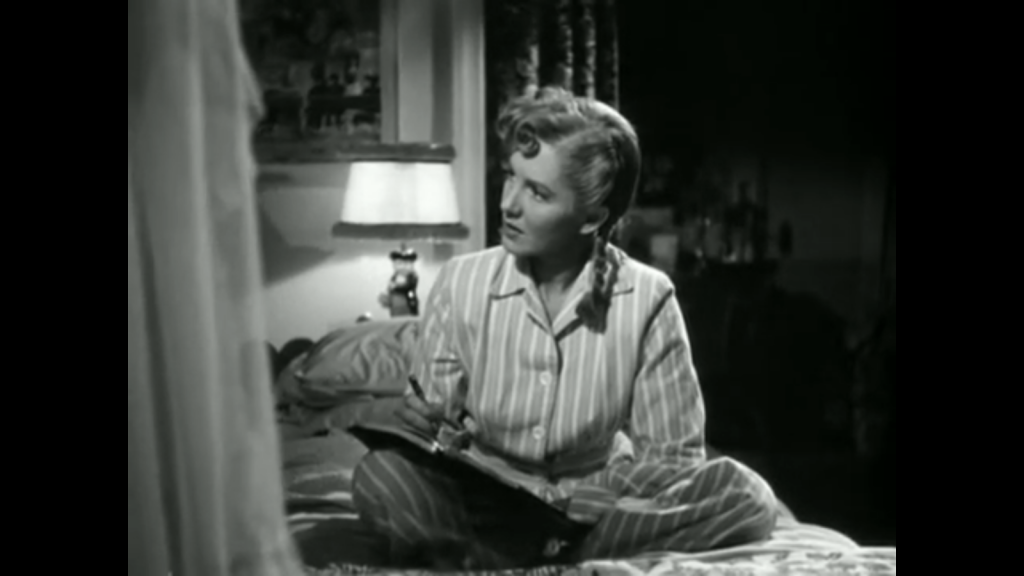
- Charles Coburn, who deservedly won a Best Supporting Actor Oscar for his role as Benjamin Dingle
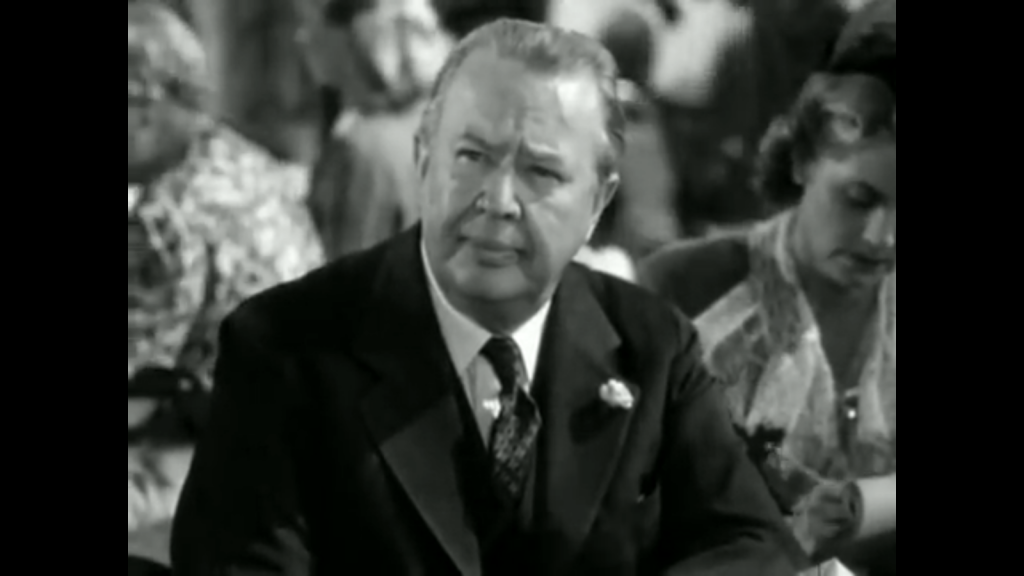
- Joel McCrea as Joe Carter
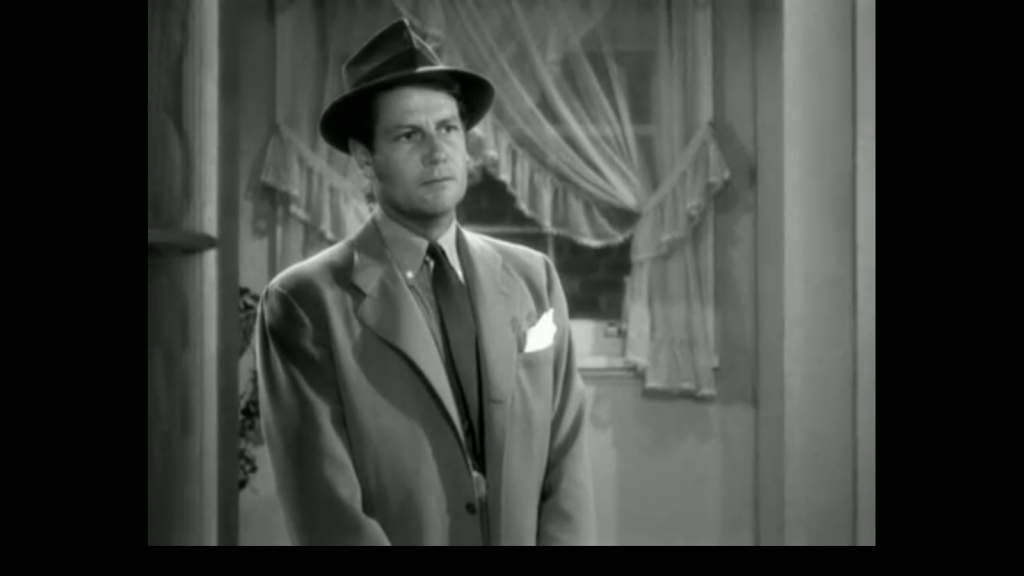
- Fine direction by Stevens
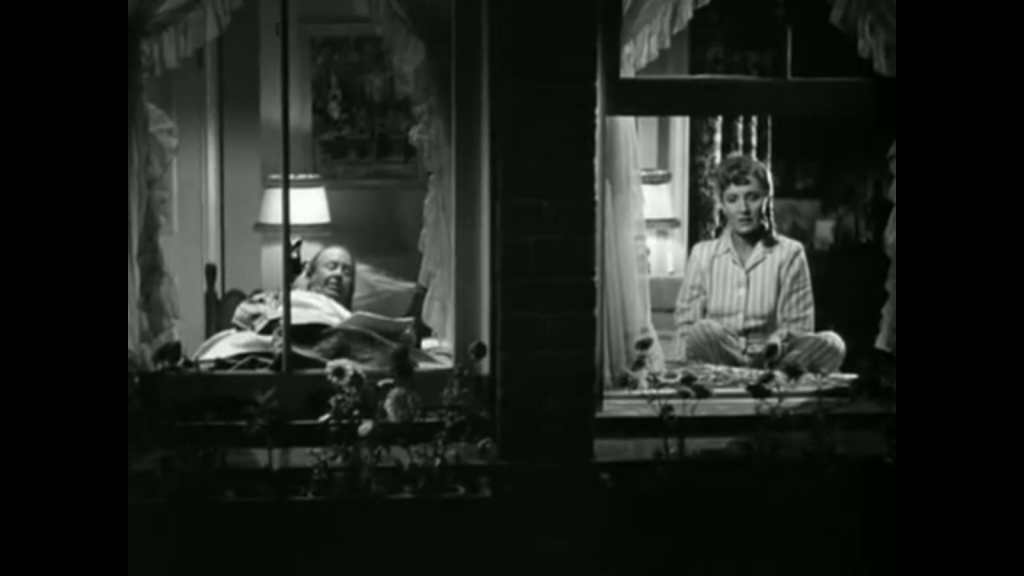
- Plenty of authentically sizzling romance between McCrea and Arthur
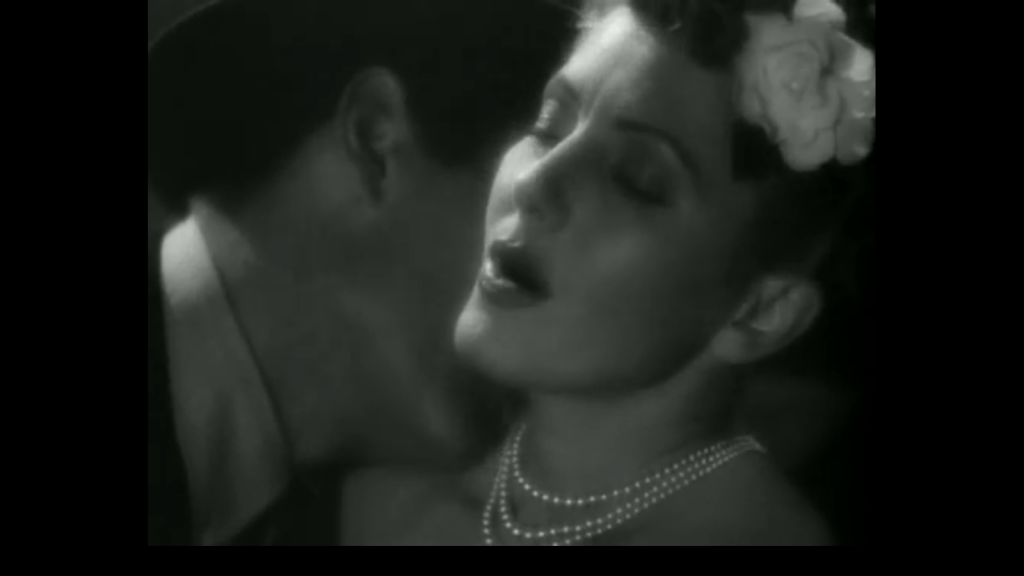
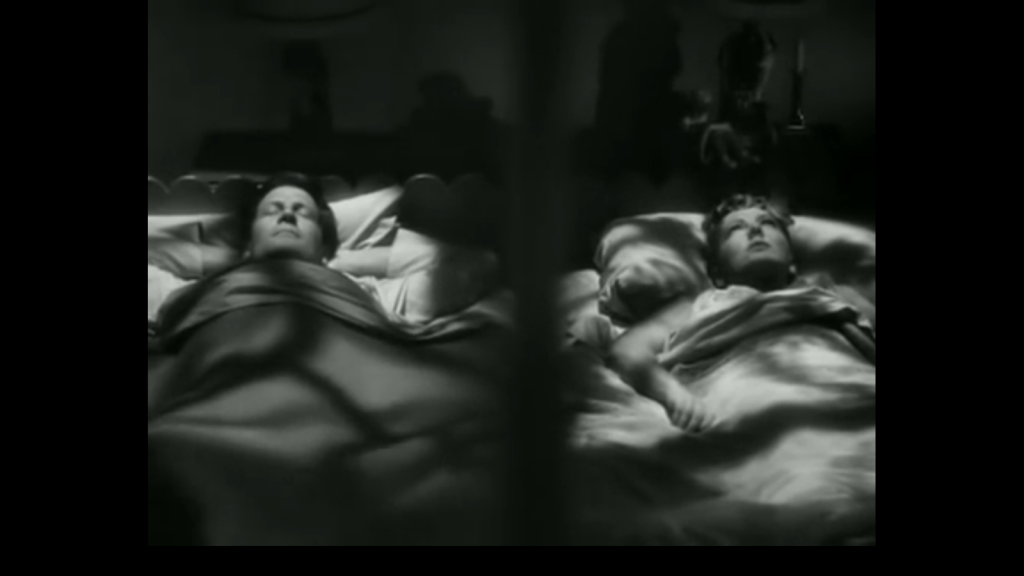
- Fun “vintage footage” of wartime housing shortages
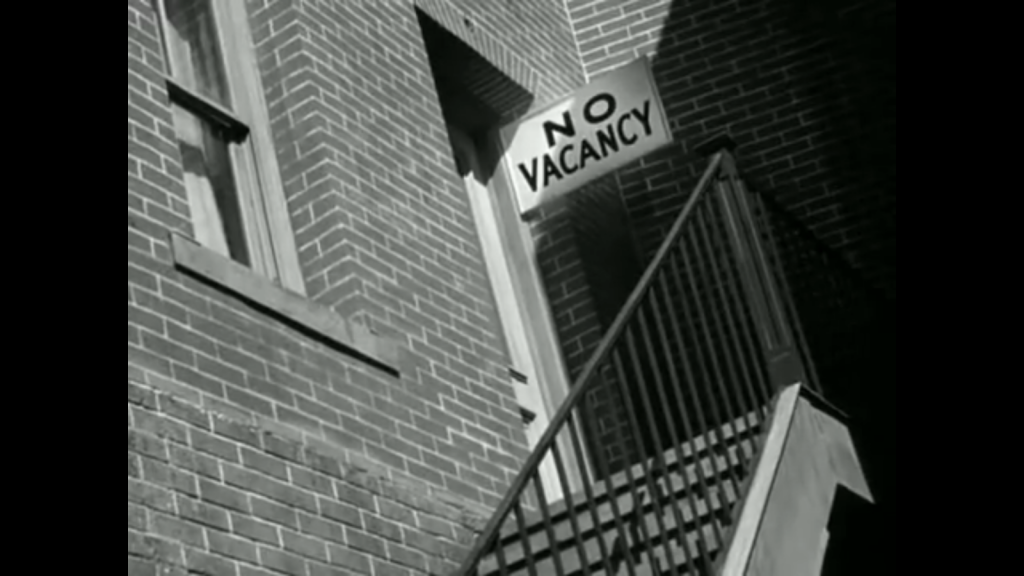
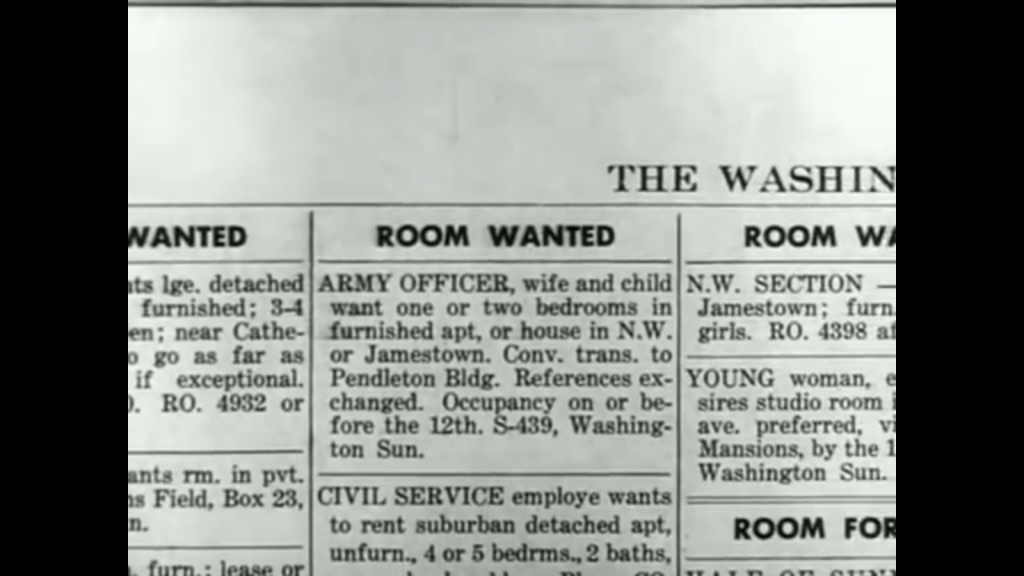
Must See?
Yes, for the fine lead performances. Nominated by Peary as one of the Best Films of the Year in his Alternate Oscars.
Categories
- Noteworthy Performance(s)
- Oscar Winner or Nominee
Links:
|
